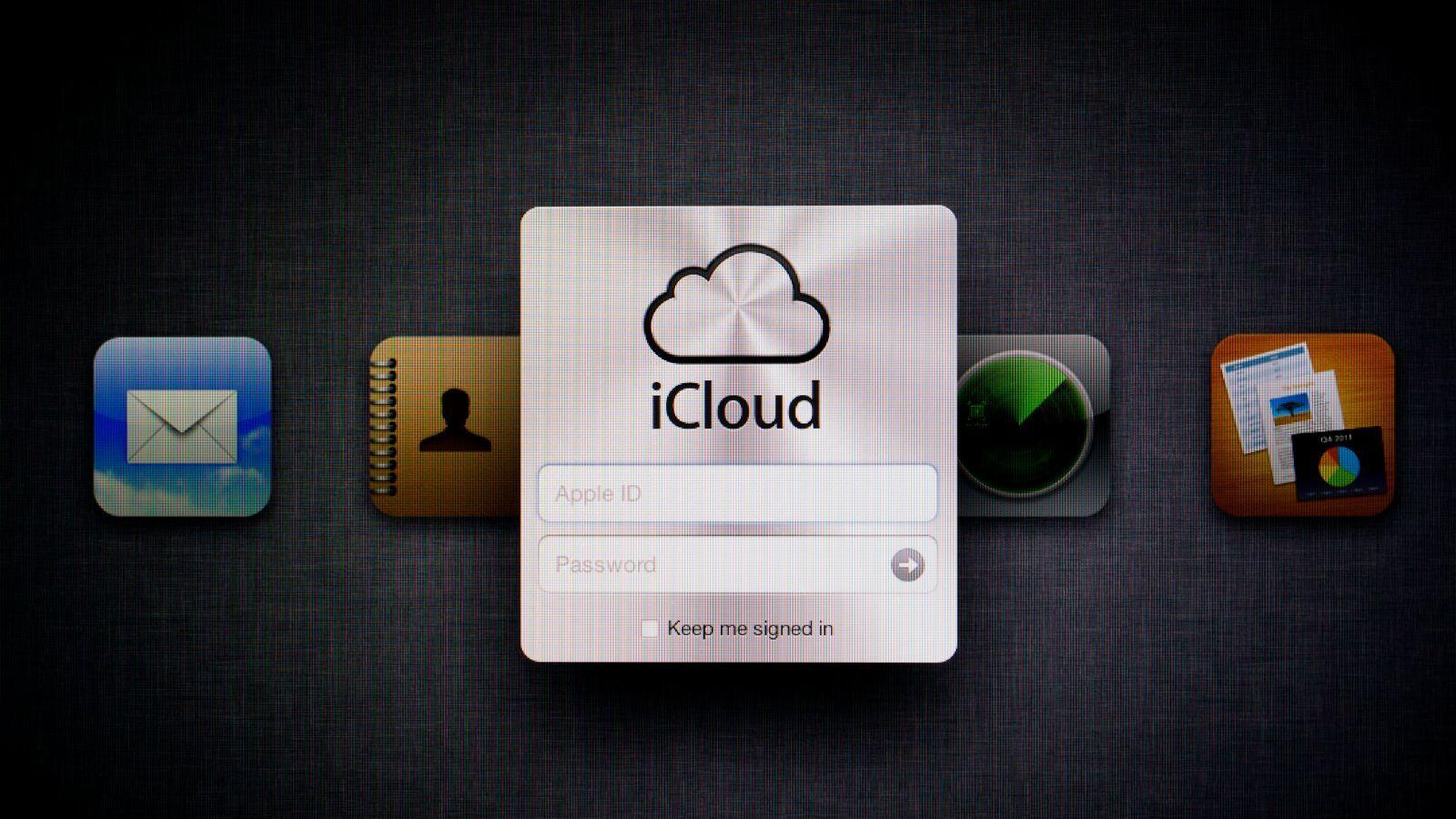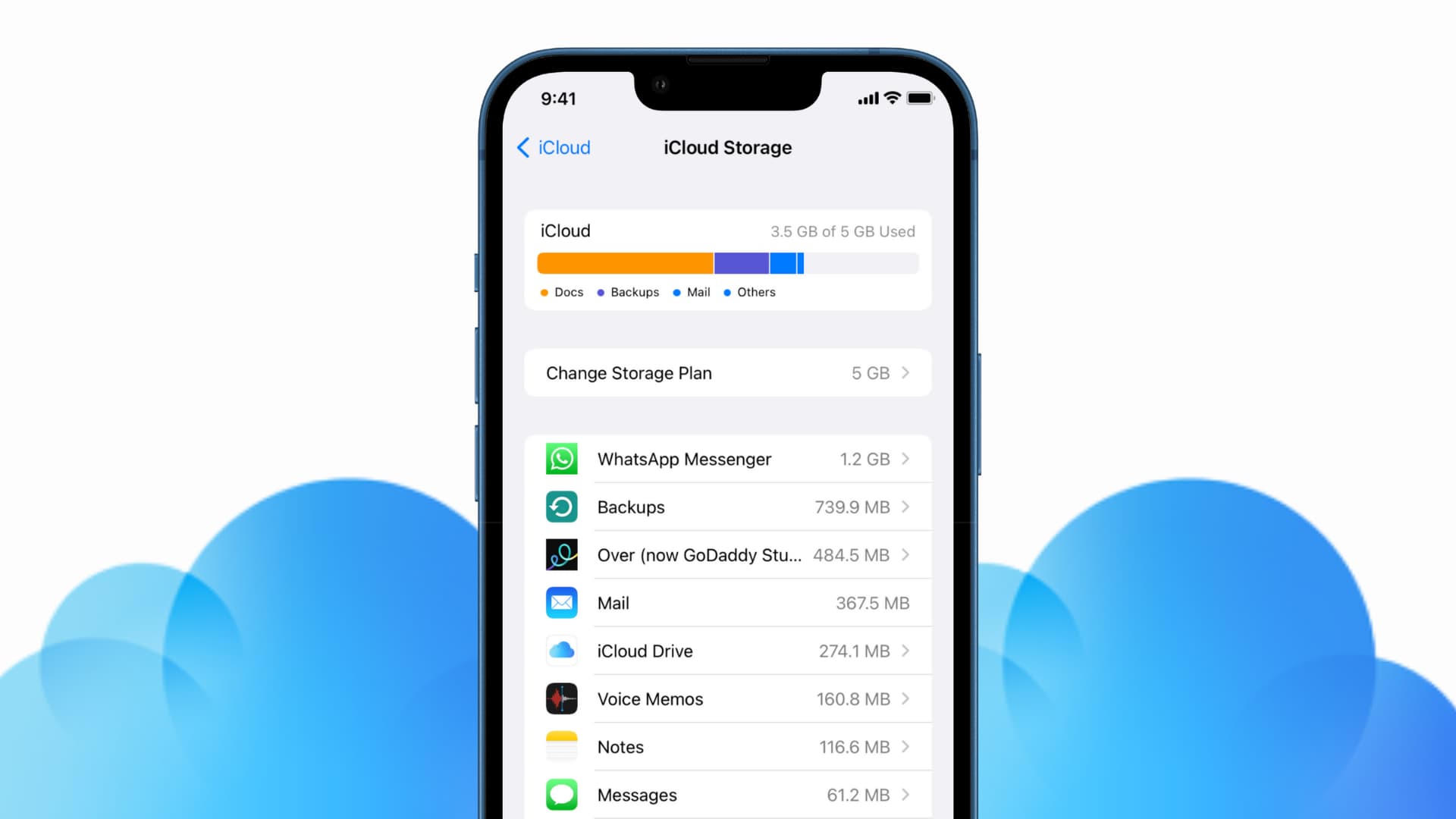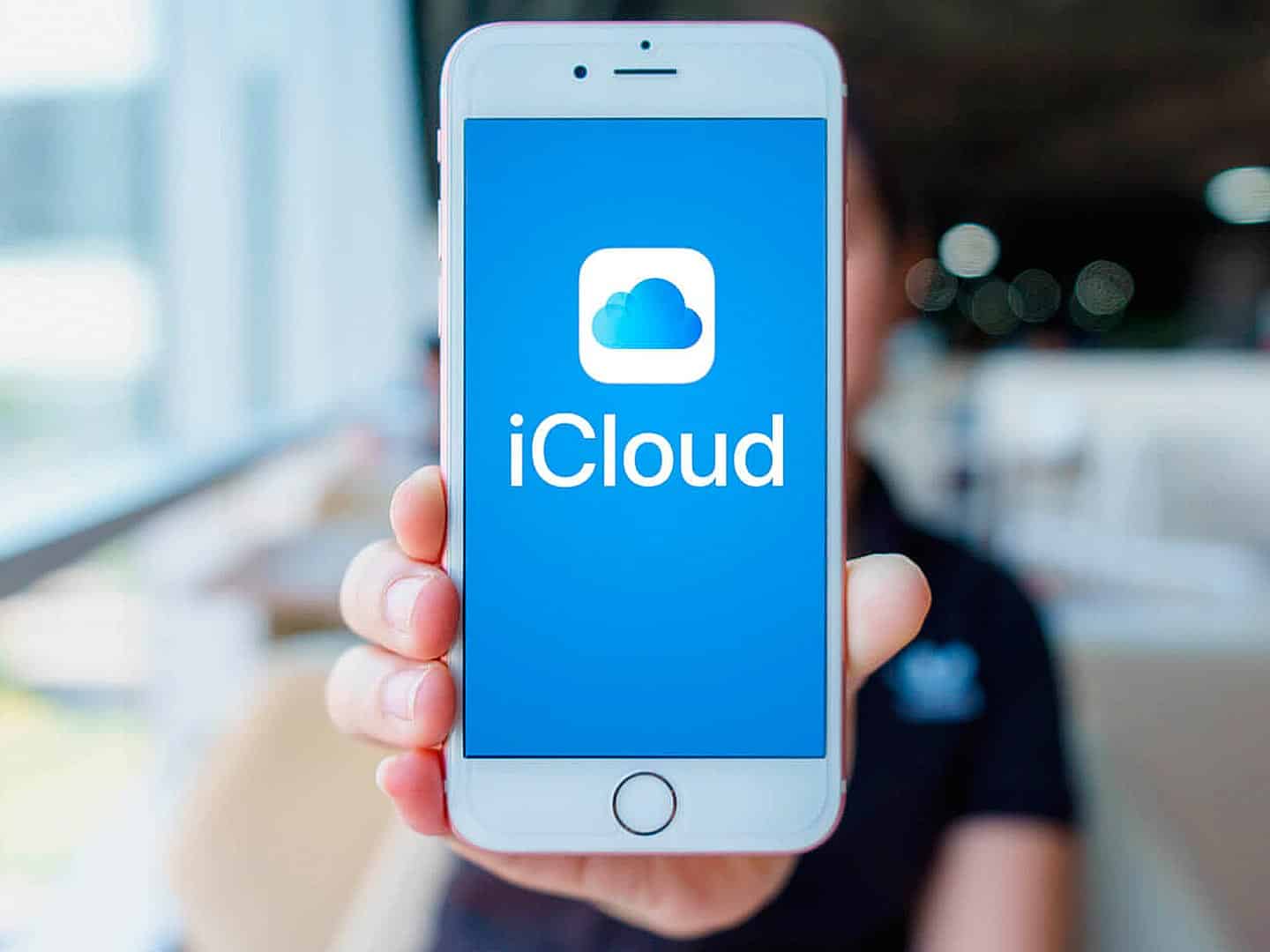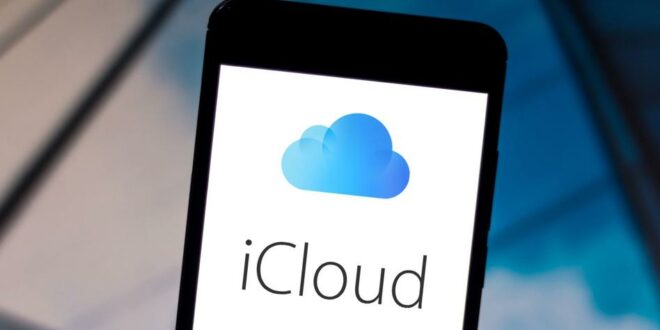iCloud, Apple’s secure storage, allows you to back up and synchronize your data on iPhone, iPad, and Mac. Discover the available prices and plans.
In addition to iCloud, pCloud is also at the top of our online storage comparison for many reasons. In fact, this provider allows you to benefit from 10 GB of free file storage, in addition to a lifetime storage of 2 TB.
Tightly integrated with the Apple hardware ecosystem, iCloud stands out for its seamless operation with the company’s operating systems. And especially the ability to choose automatic synchronization based on your needs. By opting for complete synchronization, users benefit from a choice backup solution in the cloud. Even in the event of loss or theft of their device, they will be able to recover all their data.
Moreover, if changing devices, it is possible to configure it exactly like the previous hardware. This is thanks to the restore from iCloud option. This feature allows you to enjoy an excellent level of comfort.
Additionally, by subscribing to iCloud, you can access 5 GB of free storage. Of course, to take advantage of the service’s full potential and access advanced features, a subscription to iCloud is required. So, what is the iCloud price and what plans are available?
Overview of iCloud Features
iCloud is a premium cloud service designed for Apple device users, offering a comprehensive range of features to simplify daily data management. It allows you to store and synchronize your information on a remote server via the Internet, providing easy access to your files wherever you are.
Among its features, iCloud includes an email service, as well as a system for synchronizing contacts, calendars, reminders, and notes across all your Apple devices. It also offers a geolocation tool to recover lost devices via “Find My iPhone” or “Find My Mac”.
Furthermore, iCloud facilitates the management of your music library through Apple Music and allows you to store your tracks and playlists in the cloud with iTunes Match. This way you can access your music from all your Apple devices.
Another key feature is HomeKit, which supports secure video for security cameras and other connected devices. To use this feature, your devices must be compatible with HomeKit (like an iPhone, iPad, HomePod, or Apple TV serving as a hub).

iCloud also allows you to seamlessly integrate your macOS and iOS applications with the cloud storage service without needing to install third-party applications. This smooth synchronization system ensures an optimized experience for all Apple device users.
Finally, with iCloud Drive, available on mobile and web, you can access the structure of your folders and synchronized files from your Mac or iOS device. You can also create and share secure links to easily send files via email or iMessage, thereby guaranteeing easy and secure collaboration.
iCloud+ Pricing: Detailed Look at Subscription Plans
To ensure that all Apple users can enjoy a well-thought-out and efficient cloud service regardless of their budget, iCloud aims to be accessible at a highly attractive monthly price.
To start with, you can enjoy 5GB of free online storage upon signing up. Then, you can choose from different paid offers:
For €0.99 per month, you can benefit from 50 GB of storage.
Expect to pay €2.99 per month for 200 GB of storage.
Lastly, 2 TB costs €9.99 per month. The latter two can be shared with 5 family members.
iCloud+: Latest Developments in Apple Storage for 2025
iCloud+ is the enhanced version of the paid plans that users have been familiar with before 2021. We have already seen the details on iCloud, specifically regarding prices. However, this “+” brings premium features that enhance the security and privacy of your data.
In France, iCloud+ subscribers enjoy features like iCloud Private Relay, which masks your IP address and encrypts your Safari browsing. You can also use Hide My Email, which generates temporary addresses to avoid sharing your actual email during online sign-ups.
Apple has indeed enriched iCloud+ with increasingly advanced features that go beyond traditional privacy options. Besides Private Relay and Hide My Email, iCloud+ now includes the ability to create personalized invitations via the Apple Invites app, available directly to subscribers at no additional cost. This feature allows you to design tailored invitations for events (birthdays, parties, meetings, etc.), incorporate photos, Apple Music playlists, or shared albums, and manage responses (RSVP).
Essentially, iCloud+ retains its attractive pricing while offering more control and privacy. These are significant advantages that make the service a strong competitor against Google Drive, OneDrive, or pCloud.
Apple One Offer
For those wishing to take advantage of multiple Apple services, Apple One offers all-in-one plans at an attractive price:
Notably, for just €14.95 per month, you can benefit from the comprehensive Apple One Individual plan. This all-in-one offer provides not only 50 GB of iCloud storage but also Apple TV+ for video-on-demand, Apple Music for music streaming, and Apple Arcade for gaming.
For €19.95 per month, you’ll access all the best Apple services along with 200 GB of cloud storage. This plan includes Apple Music, Apple TV+, and Apple Arcade for the whole family.
For €30, you can enjoy 2 TB of storage capacity and full access to all Apple services, including Apple News+ and Apple Fitness+.
pCloud has continually adjusted its offers to remain competitive against other cloud storage services. The company continues to enhance its features and options, including:
- Improved collaboration options, such as real-time file sharing and collaboration.
- Security enhancements, with additional encryption to ensure data privacy.
- “pCloud Crypto” option: A file encryption option that ensures only users with the key can access files, at an additional cost of $47.99/year for 500 GB of secure storage.
iCloud pricing: How to upgrade your plan?

Unlike other cloud services, upgrading your iCloud plan is achieved in just two clicks. Follow these easy steps to increase your storage capacity and maximize your cloud space.
On iPhone or iPad, start by opening the Settings app on your device. Next, tap on your name at the top of the screen to access your Apple account. Navigate to the iCloud section and then select Manage Storage. To continue, click on Change Plan. You’ll see a list of options with different storage capacities. Simply select the option that suits you best.
On a Mac, open System Preferences by clicking the Apple icon at the top left of your screen. Next, click on iCloud, then Manage Storage. Continue by clicking on the plan button and follow the prompts to choose the capacity you need.
If logging in from a Windows computer, just open iCloud, click on Manage and select the change plan option. After that, just follow the on-screen instructions.
Guide: How to save money on your cloud service?
While cloud computing promises significant savings, especially for businesses, it generally charges based on provisioned volume rather than consumed volume. Check out our top 10 best clouds.
However, for most services, additional performance costs may apply. Furthermore, some features have varying usage costs that are often hard to estimate.
Additionally, accumulating unit costs can lead to billing surprises. Don’t forget that cloud resources are inherently on-demand. The management of these can become uncontrollable.

Fortunately, with a few tips and good habits, it is entirely possible to control your costs and avoid excessive charges at the end of the month.
Establish a Cost Culture
For better management of cloud costs within your organization, it is important to create a strong culture of costs. This means not only thinking of shutting down test machines when they’re not in use but also promoting the use of appropriate resources. Prioritize tagging infrastructure to allocate costs effectively.
Additionally, raising awareness about economic practices includes training sessions. Such cost awareness training should be conducted at least twice a year to build this culture.
Make Quick Reports
By implementing cost management tools, you can set alerts for confirmed overages or alerts that allow you to anticipate consumption threshold exceedances. This is thanks to ongoing reports.
Furthermore, you can circulate reports across your teams so that each can develop their own dashboard.
Allocate Costs by Team
If feasible, it is highly advisable to allocate cloud costs by team and deduct expenses related to online storage from their operating budgets.
Alongside this, setting up a typical profile for each cloud consumption is highly recommended. This allows for regular comparison of incurred expenses and facilitates early identification of overweight services and autoscaling issues.
This profile enables frequent reviews of the services running in the cloud, with the goal of adjusting server sizes to actual requirements.
Alternatives to iCloud: Price Comparison of Cloud Storage Services
While iCloud is a preferred choice for many Apple users, several other cloud storage services may offer interesting advantages based on specific needs. Here, we compare popular alternatives such as pCloud, Google Drive, OneDrive, and Dropbox, highlighting their pricing.
pCloud: Flexibility and Attractive Pricing
pCloud is a cloud storage service that stands out for its very flexible pricing policy. One of the main features of pCloud is its lifetime payment option, allowing you to avoid recurring charges. Here’s an overview of pCloud’s pricing options:
- Free: 10 GB of storage.
- Premium: 500 GB of storage for $47.99 per year.
- Premium Plus: 2 TB of storage for $95.99 per year.
- Family Plan: 2 TB of storage for $239.99 for lifetime use (shared among 5 users).
Google Drive: An Integrated Solution Within the Google Ecosystem
Google Drive is a popular alternative to iCloud, particularly for those who use Google services like Gmail, Docs, and Photos. Here are the pricing options available:
- Free: 15 GB of storage shared between Gmail, Google Photos, and Google Drive.
Google One:
- 100 GB for $1.99 per month.
- 200 GB for $2.99 per month.
- 2 TB for $9.99 per month.
- 10 TB for $49.99 per month.
OneDrive: The Perfect Integration for Windows Users
OneDrive, developed by Microsoft, is often favored by Windows users but is also well integrated into the Apple ecosystem, especially with Office applications. Here are OneDrive’s pricing options:
- Free: 5 GB of storage.
- Microsoft 365 Personal: 1 TB of storage + Office 365 for $69.99 per year.
- Microsoft 365 Family: 6 TB of storage (1 TB per person for 6 users) for $99.99 per year.
Dropbox: Simplicity and Collaboration, But at What Cost?
Dropbox is another major name in cloud storage, often used for team collaboration and file sharing. Here are the different available offers:
- Free: 2 GB of storage.
- Plus: 2 TB of storage for $9.99 per month.
- Family: 2 TB of storage for $16.99 per month (shared among 6 users).
- Professional: 3 TB of storage for $19.99 per month.
FAQ
pCloud is an online storage service that allows users to store, synchronize, and share files in the cloud. It offers a wide range of features, including secure storage, collaboration options, and file management tools accessible across multiple devices.
Yes, pCloud allows file and folder sharing with other users. It offers a shareable link feature, whether for individual files or entire folders. You can also set access rights, such as “view-only” or “edit”.
Yes, pCloud offers a service called pCloud Crypto, which allows you to encrypt your files before uploading them to the cloud. This encryption is done transparently, and only the user with the encryption key can access the protected files.




